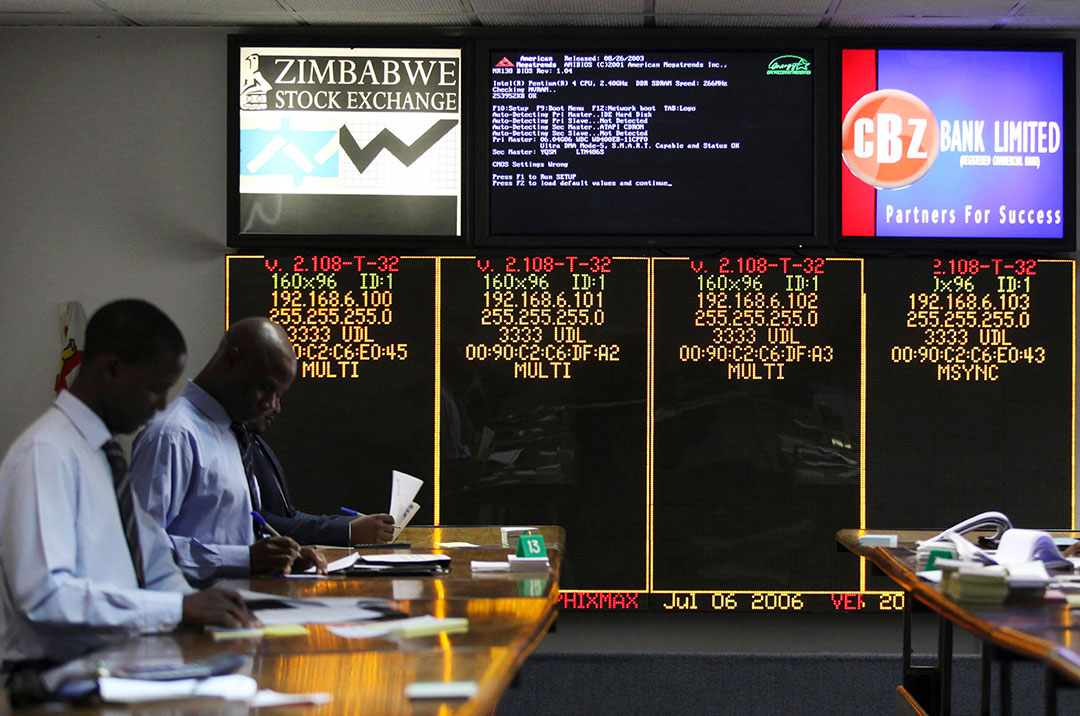ADF STAFF
China has received a slew of debt-relief requests from African nations related to the sprawling One Belt, One Road (OBOR) project as COVID-19 damages economies across the continent.
To prevent the spread of COVID-19, the disease caused by a new coronavirus, many African nations have implemented strict lockdown measures, which have resulted in country-wide economic harm. With businesses closed and millions out of work, African governments worry about their ability to repay huge Chinese loans while struggling to contain the pandemic.
“Under international law, China is responsible for any harm it caused to other countries, whether through acts or omissions,” Tom Ginsburg, an international law and political science professor at the University of Chicago, told Anadolu Agency, an international news agency based in Turkey. “It is true that China suppressed information internally about the virus and informed the World Health Organization later than it could have.”
The Chinese government, banks and entrepreneurs loaned about $146 billion to several African nations between 2000 and 2017, much of it tied to OBOR, which is aimed at expanding trade by building roads, railways and ports. China lists 39 African countries on its official OBOR website, ranging geographically from Tunisia to South Africa.
Angola is the top recipient of Chinese loan commitments, at $43 billion over 17 years.
At the beginning of 2020, before the pandemic hit the continent, Africa’s tourism sector seemed set for another lucrative year. Africa had the world’s second fastest-growing tourism industry and was projected to rake in billions of dollars. But when COVID-19 struck, “tourists stopped coming and the industry ground to a sudden halt,” according to Deutsche Welle (DW), a German media service.
“Tours along Ghana’s forts and castles have ceased, the safari vehicles that normally prowl East Africa’s Serengeti in the hunt for the perfect wildlife photograph are standing still, and luxury camps in Botswana’s Okavango Delta are gathering dust,” DW reported.
Ghanaian tour operator Moses Femi Gbeku recently said he conducted his most recent tour before COVID-19 became a pandemic.
“After that I had about six tours canceled,” he said. “For these tours, people [typically come] from the U.S., Canada and European countries.”
African airlines are expected to lose $6 billion in revenue this year. The pandemic could also mean a $65 billion revenue loss as crude oil prices plummet. In Nigeria, the pandemic could reduce total crude exports by $14 billion. Lost revenue from exported fuels in Africa could total $101 billion this year.
The ongoing outbreak could result in the first recession in Sub-Saharan Africa in more than 25 years. Economic growth in the region is forecast to fall from 2.4% in 2019 to between -2.1% and -5.1%, according to World Bank officials.
“The COVID-19 pandemic is testing the limits of societies and economies across the world, and African countries are likely to be hit particularly hard,” said Hafez Ghanem, World Bank vice president for Africa.
“We are rallying all possible resources to help countries meet people’s immediate health and survival needs while also safeguarding livelihoods and jobs in the longer term — including calling for a standstill on official bilateral debt service payments which would free up funds for strengthening health systems to deal with COVID 19 and save lives,” Ghanem said.
Chinese political advisors and bankers told Financial Times that China is considering a number of responses to pleas for debt relief, including the suspension of interest payments on loans from the country’s financial institutions.
A Chinese government policy advisor, who also declined to be identified, said Beijing’s preferred option for dealing with domestic debt relief requests would be to suspend interest payments on the loans.
Manu Lekunze, professor of politics and international relations at the University of Aberdeen in Scotland, told Al-Jazeera that African requests for debt relief have put China “in a bind.”
“They want to be able to continue to lend to Africa after COVID-19 to make money and have influence,” he said. “But at the same time they want to be able to appear to be helping Africa at this point in time.”


Comments are closed.